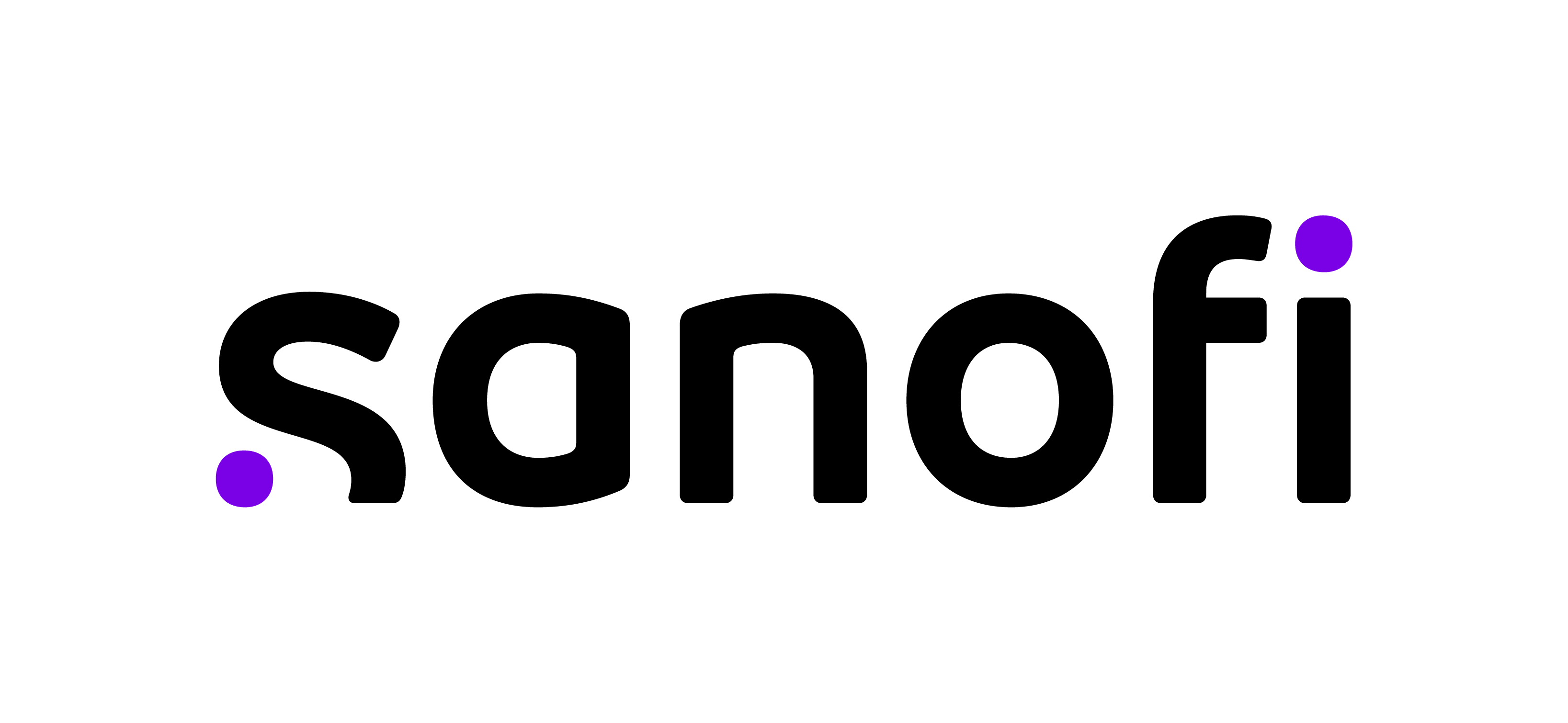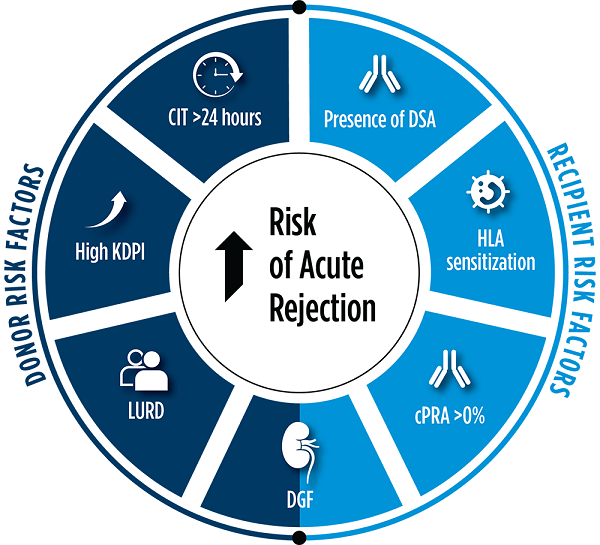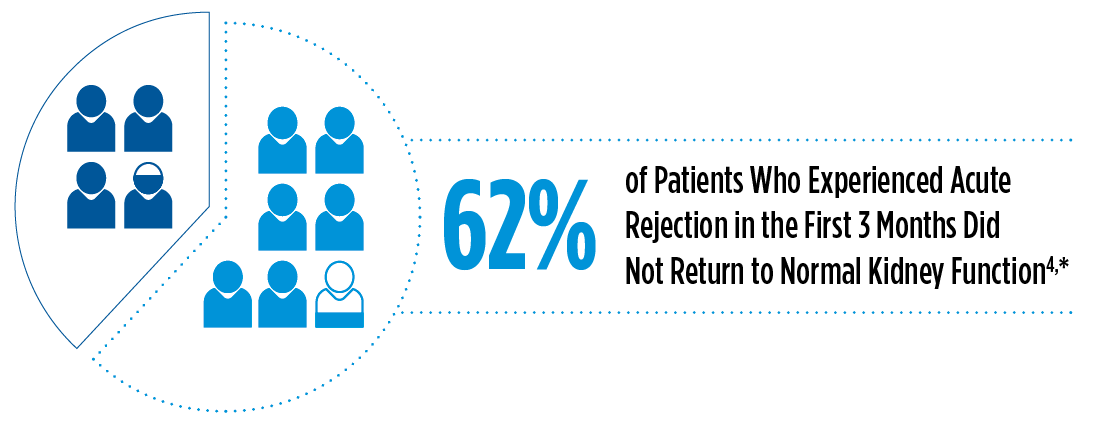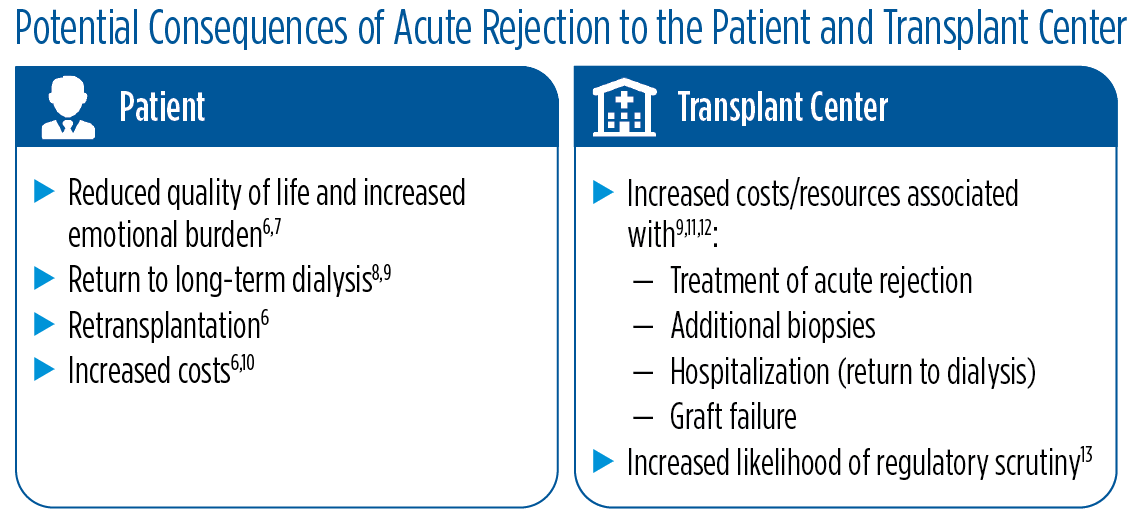Important Safety Information for Thymoglobulin [Anti-thymocyte Globulin (Rabbit)]:
WARNING: IMMUNOSUPPRESSION. Thymoglobulin should only be used by physicians experienced in immunosuppressive therapy in transplantation.
-
Contraindications. Thymoglobulin is contraindicated in patients with a history of allergy or anaphylaxis to rabbit proteins or to any product excipients, or who have active acute or chronic infections which contraindicate any additional immunosuppression.
-
Management of Immunosuppression. To prevent over-immunosuppression, physicians may wish to decrease the dose of the maintenance immunosuppression regimen during the period of Thymoglobulin use. Dosing for Thymoglobulin is different from dosing for other ATG products, because protein composition and concentrations vary depending on the source of ATG. Thymoglobulin should be used under strict medical supervision in a hospital setting, and patients should be carefully monitored during the infusion.
-
Immune Mediated Reactions. Serious immune-mediated reactions, including anaphylaxis or severe cytokine release syndrome (CRS), have been reported with the use of Thymoglobulin. Fatal anaphylaxis has been reported. If an anaphylactic reaction occurs, the infusion should be terminated immediately.
-
Infusion-Associated Reactions. Cases consistent with cytokine release syndrome (CRS) have been reported with rapid infusion rates. CRS is attributed to the release of cytokines by activated monocytes and lymphocytes. Severe acute CRS can cause serious cardiorespiratory events and/or death. Close compliance with the recommended dosage and infusion time may reduce the incidence and severity of infusion-associated reactions (IARs). Slowing the infusion rate may minimize many of these IARs. Reactions at the infusion site may include pain, swelling, and redness of the skin.
-
Hematologic Effects. Low counts of platelets and white blood cells (including low counts of lymphocytes and neutrophils) have been identified and are reversible following dose adjustments. Total white blood cell and platelet counts should be monitored.
-
Infection and Malignancy. Infections, reactivation of infection, febrile neutropenia, sepsis, malignancies including lymphoproliferative disorders (LPD) and other lymphomas as well as solid tumors have been reported after Thymoglobulin administration in combination with multiple immunosuppressive agents. These events can be fatal.
-
Immunization. The safety of immunization with attenuated live vaccines following Thymoglobulin therapy has not been studied; therefore, immunization with attenuated live vaccines is not recommended for patients who have recently received Thymoglobulin.
-
Overdosage. Thymoglobulin overdosage may result in leukopenia (including lymphopenia and neutropenia) and/ or thrombocytopenia, which can be managed with dose reduction.
-
Adverse Reactions. The most common adverse reactions and laboratory abnormalities (incidence >5% higher than comparator) are urinary tract infection, abdominal pain, hypertension, nausea, shortness of breath, fever, headache, anxiety, chills, increased potassium levels in the blood, and low counts of platelets and white blood cells.
-
During post-marketing surveillance, arthralgia/myalgia, lymphadenopathy, proteinuria, and decreased oxygen saturation tend to occur 5 to 15 days after Thymoglobulin infusion and are consistent with serum sickness. Symptoms are manageable with corticosteroid treatment.
Click here for full Prescribing Information including Boxed WARNING.
Click here to learn more about Sanofi's commitment to fighting counterfeit drugs.
![Thymoglobulin® [Anti-thymocyte Globulin (Rabbit)] Thymoglobulin® [Anti-thymocyte Globulin (Rabbit)] logo](/Images/mobile/thymo-logo.png)



